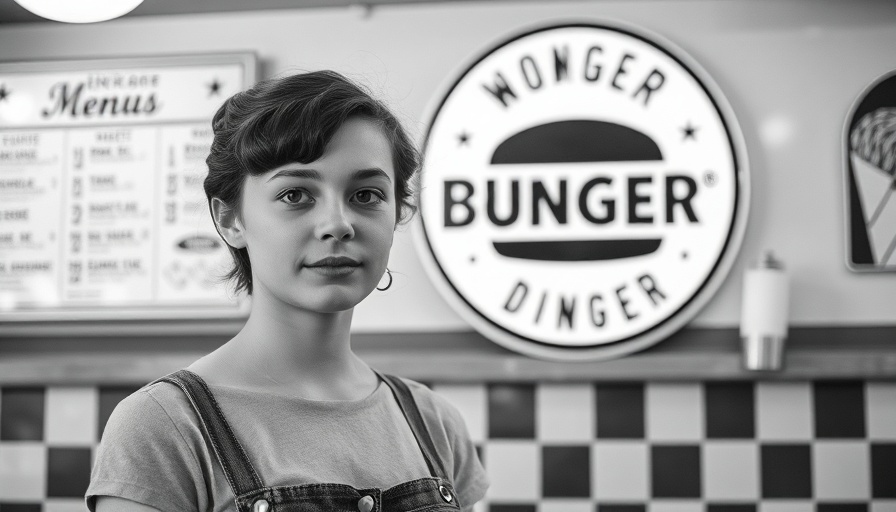
The Icon of Burgers: Lovie Yancey's Legacy
In an era when fast-food giants dominated the culinary landscape, Lovie Yancey broke barriers, creating a franchise that not only tantalized taste buds but also embraced cultural significance. Born on January 3, 1912 in Bastrop, Texas, Yancey laid the groundwork for what would become one of America’s most recognizable burger chains—Fatburger. Known for its hand-pressed, never-frozen hamburgers, this iconic establishment has grown from a small stand in Los Angeles to a global franchise empire.
A Humble Beginning; A Big Dream
The journey began in 1947, when Yancey partnered with Charles Simpson, successfully launching Mr. Fatburger in South Central Los Angeles. With roots traced back to her restaurant experience in Tucson, this collaboration combined Yancey’s visionary culinary style with Simpson's construction expertise. Their bold move quickly paid off, leading to the opening of additional locations by 1952. The birth of the Fatburger brand was not just a culinary victory; it was a cultural moment interwoven with 1950s slang where 'fat' signified excellence.
Transforming a Stand into a Franchise Powerhouse
Lovie Yancey’s commitment to quality led to the transformation of Fatburger into a franchise model in the 1980s. From 1985 to 1987, the chain rapidly expanded, earning recognition on Entrepreneur's annual Franchise 500 list. Yancey’s relentless work ethic—often clocking in up to 16 hours a day—established a legacy of operational excellence, setting a benchmark for aspiring franchise owners.
Cultural Connections: Fatburger’s Impact Beyond Food
Fatburger became more than just a place to eat; it became a cultural hub, especially within the hip-hop community. The establishment gained fame for being frequently referenced in rap songs, notably by legends like Ice Cube and The Notorious B.I.G., signaling its deep roots in Los Angeles culture. Yancey's influence extended beyond business; she inspired a generation of Black entrepreneurs, emphasizing the importance of community and cultural pride.
Philanthropy: A Heart in Business
Yancey's legacy is also marked by her philanthropic efforts. In 1986, she pledged $1.7 million to the City of Hope National Medical Center in support of sickle-cell anemia research—a commitment born from personal tragedy. Such actions highlight how she integrated the principles of giving back with her entrepreneurial spirit, establishing a model for corporate social responsibility in the franchise world.
The Road Ahead: Fatburger’s Global Expansion
Fatburger, now owned by FAT Brands, continues to expand, boasting over 200 locations across more than 20 countries. Its international presence began with a footprint in Canada in 2005, followed by a successful launch in Dubai in 2009. This ambitious global strategy speaks to Yancey’s foresight and foundational vision, proving that a small hamburger stand can evolve into a worldwide sensation.
Conclusion: A Timeless Influence on Franchise Models
Today, Lovie Yancey's journey remains a powerful narrative for those seeking to establish their franchises. Lessons derived from her unwavering dedication, innovative franchise model, and commitment to community philanthropy serve as a blueprint for current and future business leaders. Entrepreneurs looking to succeed in the ever-competitive franchise market can glean invaluable insights from Yancey's legacy of operational excellence and cultural impact.
For those interested in exploring their own franchise opportunities and learning more about optimizing their operational efficiency, consider reaching out to industry experts. By leveraging the lessons from trailblazers like Lovie Yancey, you can enhance brand consistency and drive franchisee performance across your network.
 Add Row
Add Row  Add
Add 






Write A Comment